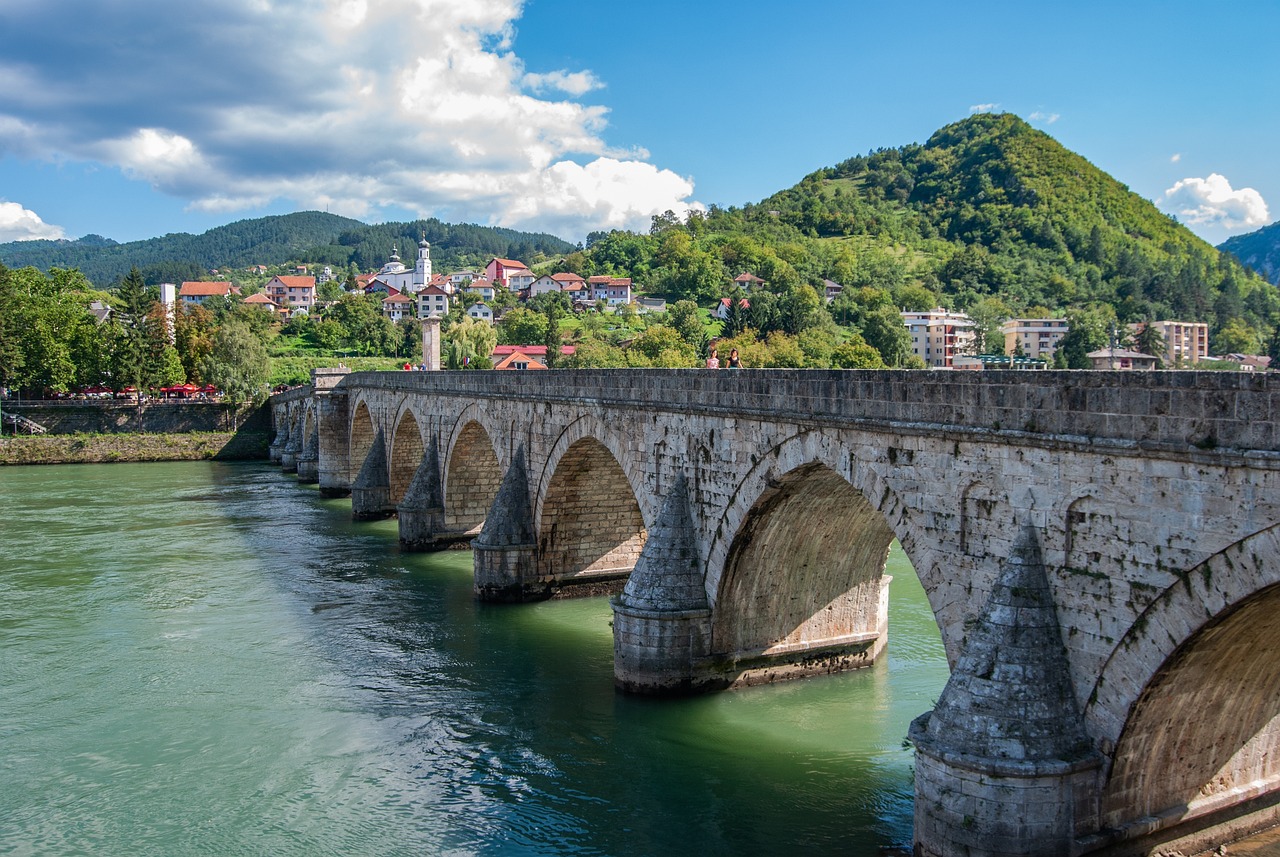
In the grand chessboard of Central European politics, the Visegrad Pact of Free Cities emerges as a rogue gambit, one that some critics decry as a petulant subversion of the Visegrad Group’s founding ideals. The alliance, comprising the mayors of Warsaw, Budapest, Prague, and Bratislava, was written as if to be in stark defiance of their respective national governments’ policies, but largely a response to imagined delusional positions, particularly on issues such as climate change, human rights, and democracy.
This coalition of urban leaders, espousing progressive agendas and European integration, appeared to be an affront to the conservative and nationalistic currents that have recently characterised the political discourse within the Visegrad Four (V4) nations. The pact’s proponents argue that it embodies a commitment to uphold the liberal democratic values upon which the European Union is predicated. Yet, detractors assert that this alignment of free cities represents a fracturing of the V4’s unity, painting it as a dissonant ensemble within the regional concord.
The Free Cities Pact signals a growing schism, pitting metropolitan liberalism against the conservative ethos that has taken root in parts of the V4’s national governance structures. This schism is particularly evident in Poland and Hungary, where the ruling parties, Law and Justice (PiS) and Fidesz, have engendered controversy within the EU for policies considered by many to contravene the bloc’s core democratic principles.
This urban alliance, therefore, is viewed by some as an act of defiance; a declaration that the ideals of the Visegrad cooperation — founded on the mutual pursuit of European integration, stability, and prosperity post-communism — must be subordinate to global cosmopolitan homogenisation and cultural suicide. The free cities, with their self-styled banner of liberalism, are thus perceived as insubordinate actors within the V4 tableau, advocating for an alternative vision of Central Europe’s future.
The Free Cities Pact, while celebrated by its advocates as a beacon of autonomy and progressivism, invites scrutiny and criticism for its contrarian posture. It poses profound questions about the nature of regional solidarity and the balance between national sovereignty and the collective interests of the Visegrad Group. It also underscores the tension between differing visions of democracy and the EU’s ideological compass.
In essence, the Visegrad Pact of Free Cities has become a fulcrum of contention, a microcosm of the ideological tussles that are redefining Central Europe’s political and social landscape. Whether this alliance will foster a renaissance of Visegrad ideals or lead to further discord remains a narrative yet to unfold in the annals of the region’s complex history.






